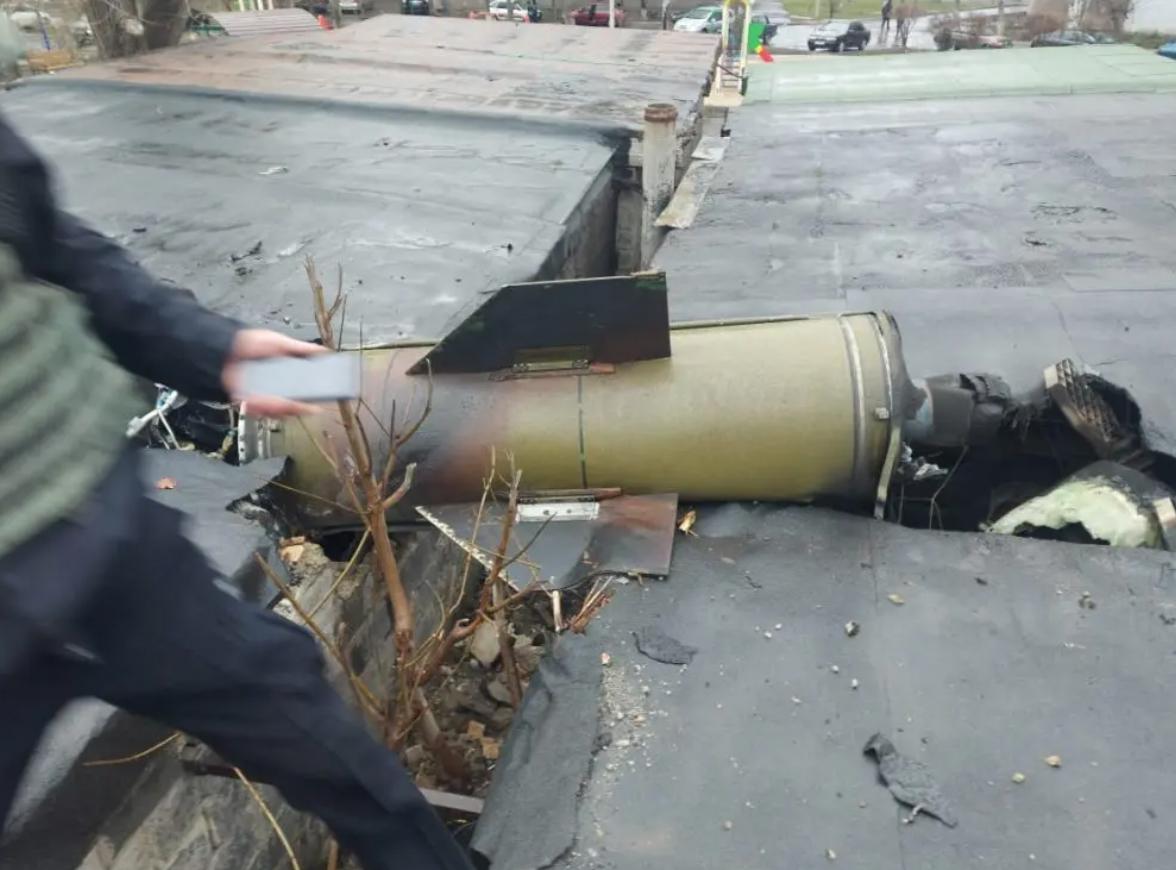I grew up in Kharkov - a Ukrainian city 30 km from the Russian border – and learnt how to use the weapon at school lessons. It made no sense to me. Ukraine was surrounded by friends, I thought.
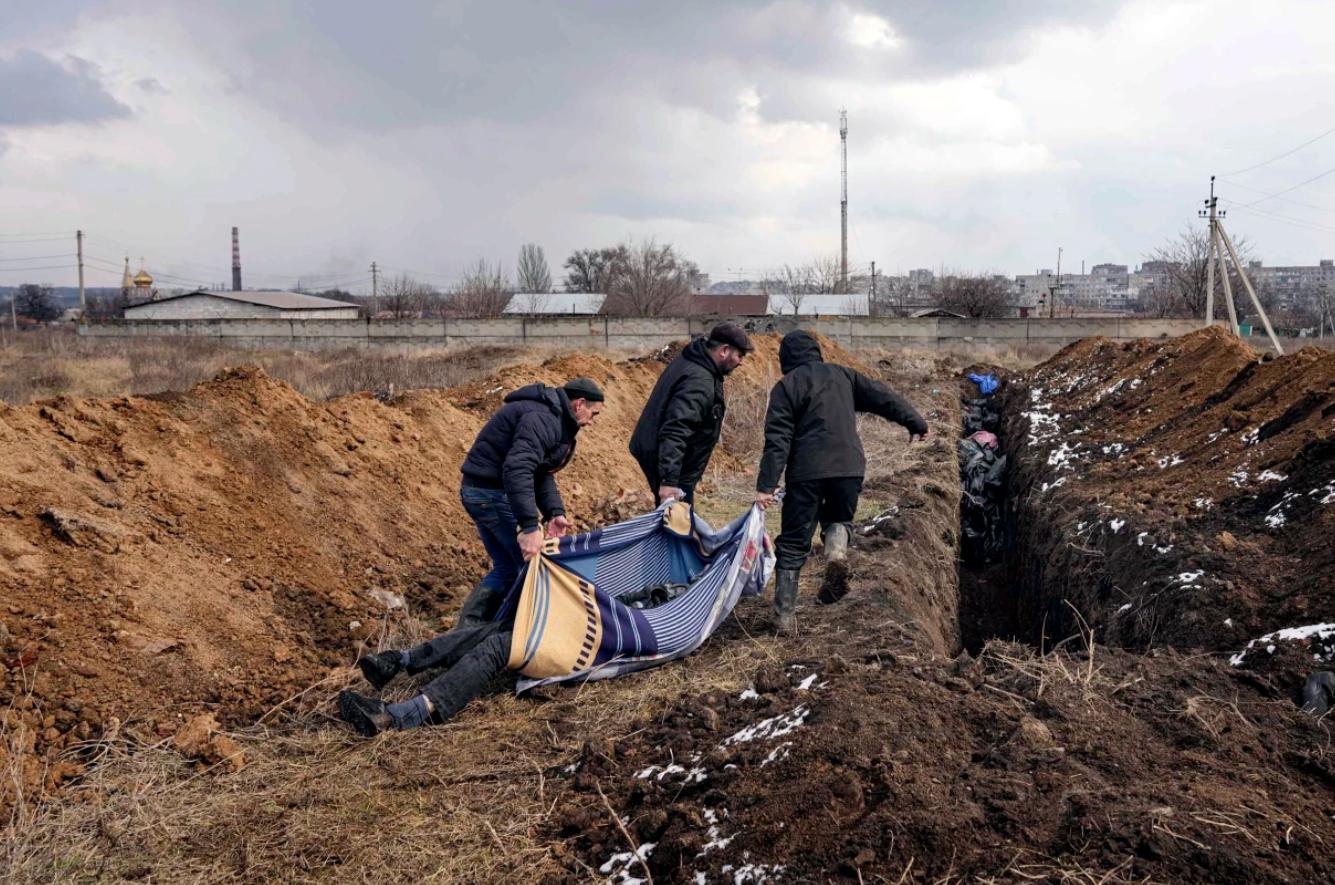
Since that time, I have been making reports on wars in Iraq, Afghanistan and in Nagorno-Karabakh. But when this winter Americans and then Europeans evacuated their embassies from Kiev and while learning the maps, I saw that Russian had started accumulating military forces near my native town, the only thought which came to my mind was: “Poor my country”.
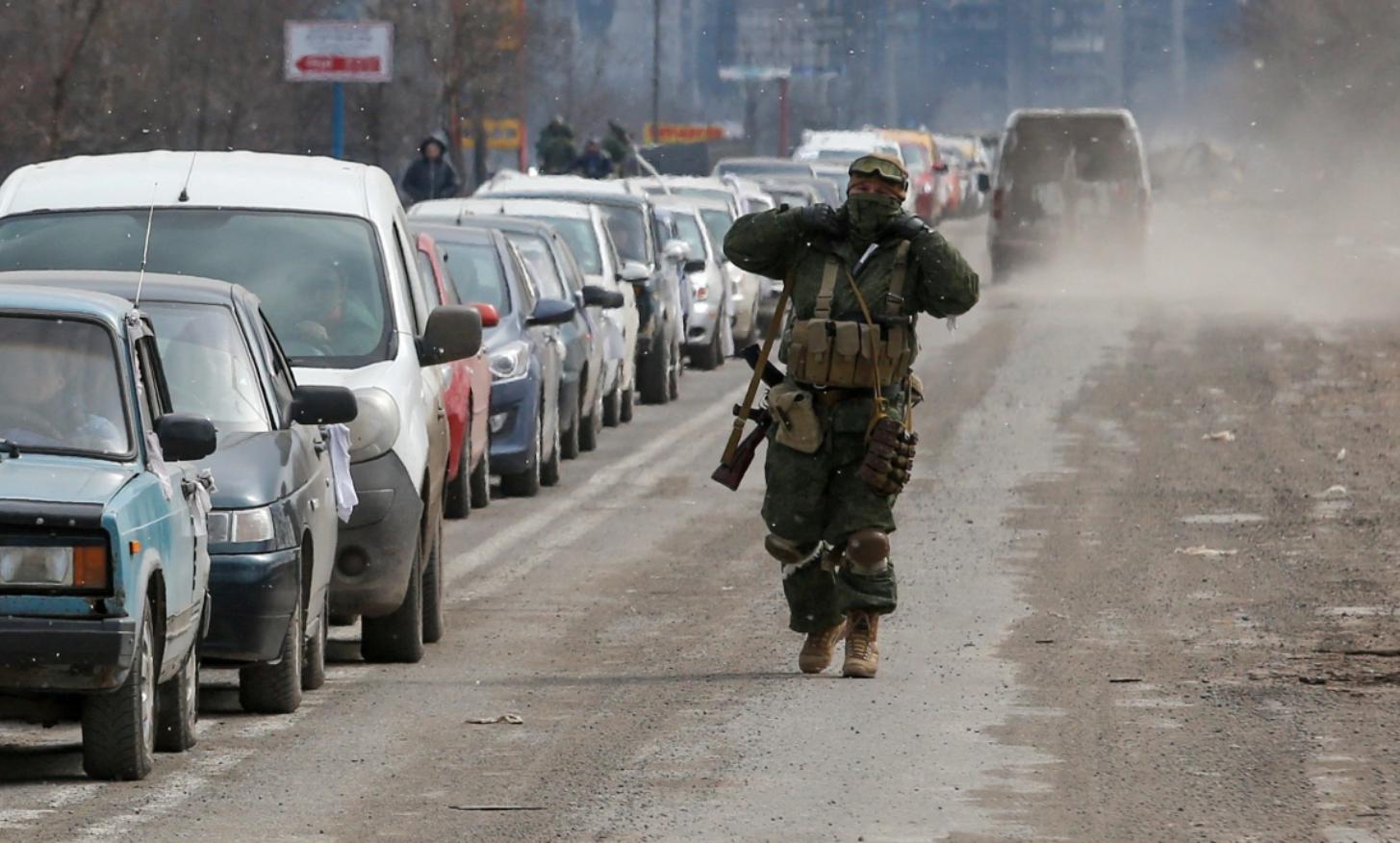
In the first days of war the russians attacked the huge square Ploshcha Svobody in Kharkov, the place where I used to hang out when I was young.
I knew that Russian forces would consider Mariupol as a strategic point due to its location at the Azov Sea. That’s why, on 23 February my colleague Evgen Maloletka, Ukrainian photographer for Associated Press, and I drove his white Volkswagen van there.
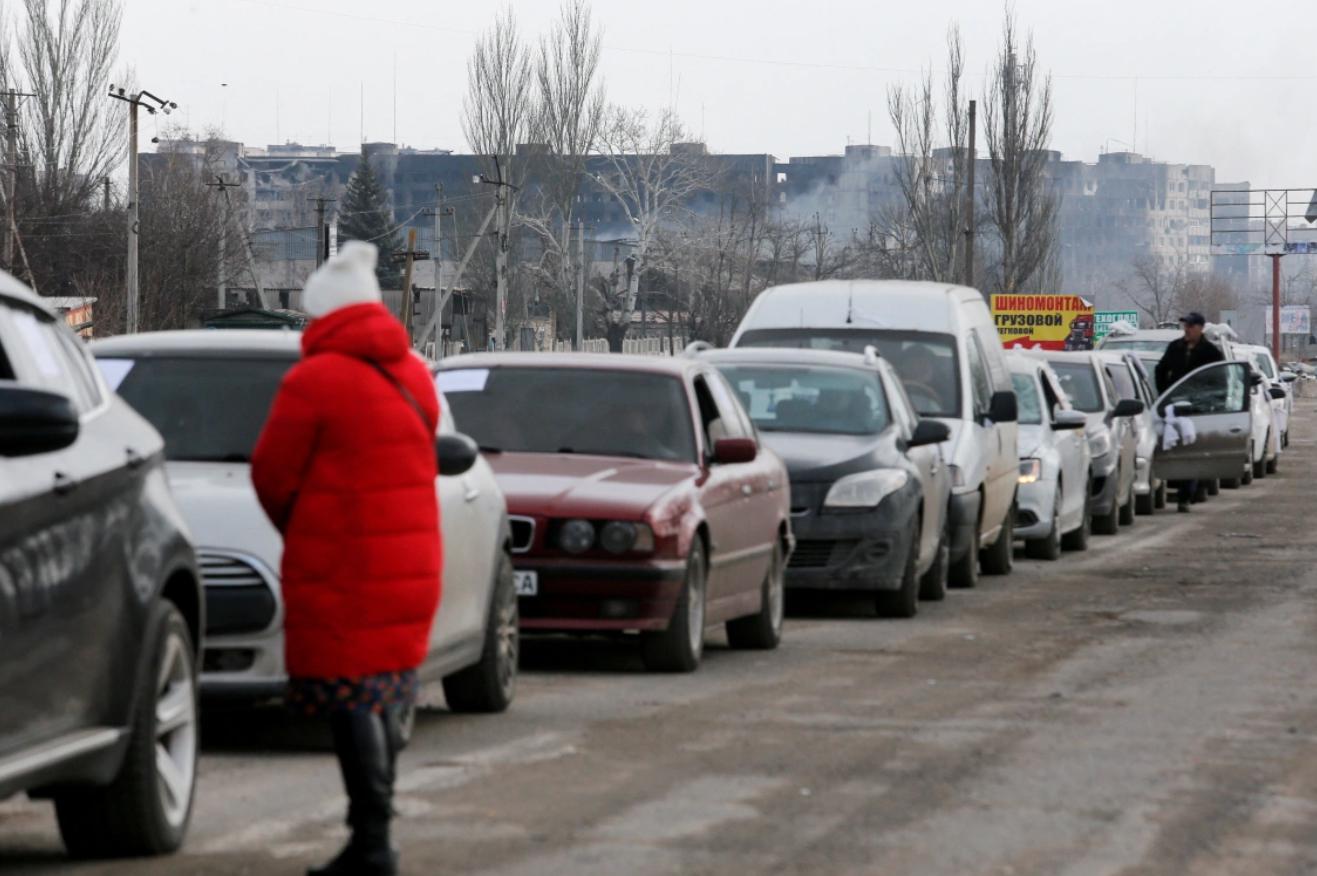
On the way there we worried about spare tire and we found a guy via the Internet, who lived close by and agreed to sell us tires in the middle of the night. We explained to him and the cashier in the shop that we were getting ready for the war. They just thought we were crazy.
We arrived in Mariupol at 3:30 a.m. The war started in an hour.
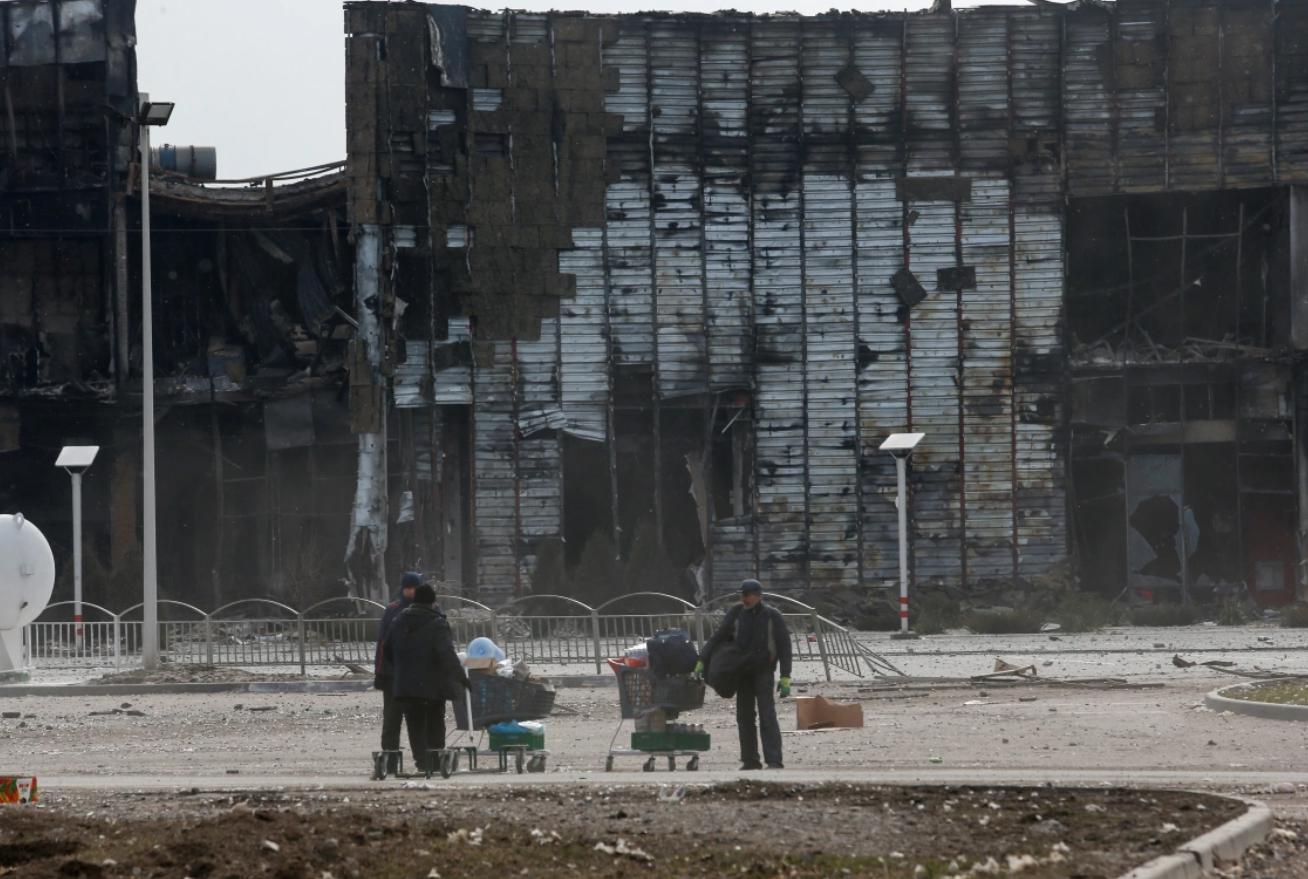
Approximately a quarter out of 430 Mariupol residents left in the first days of war, while they were able to do it. Not many people believed that the war would be. But until the majority had realized that, it was too late.
With every missile the Russians destroyed electricity and water supply systems, food supply and, finally, the most important thing, they cut off mobile networks, radio and TV. Some other journalists had left the city before the network disappeared completely and the city was totally blocked.
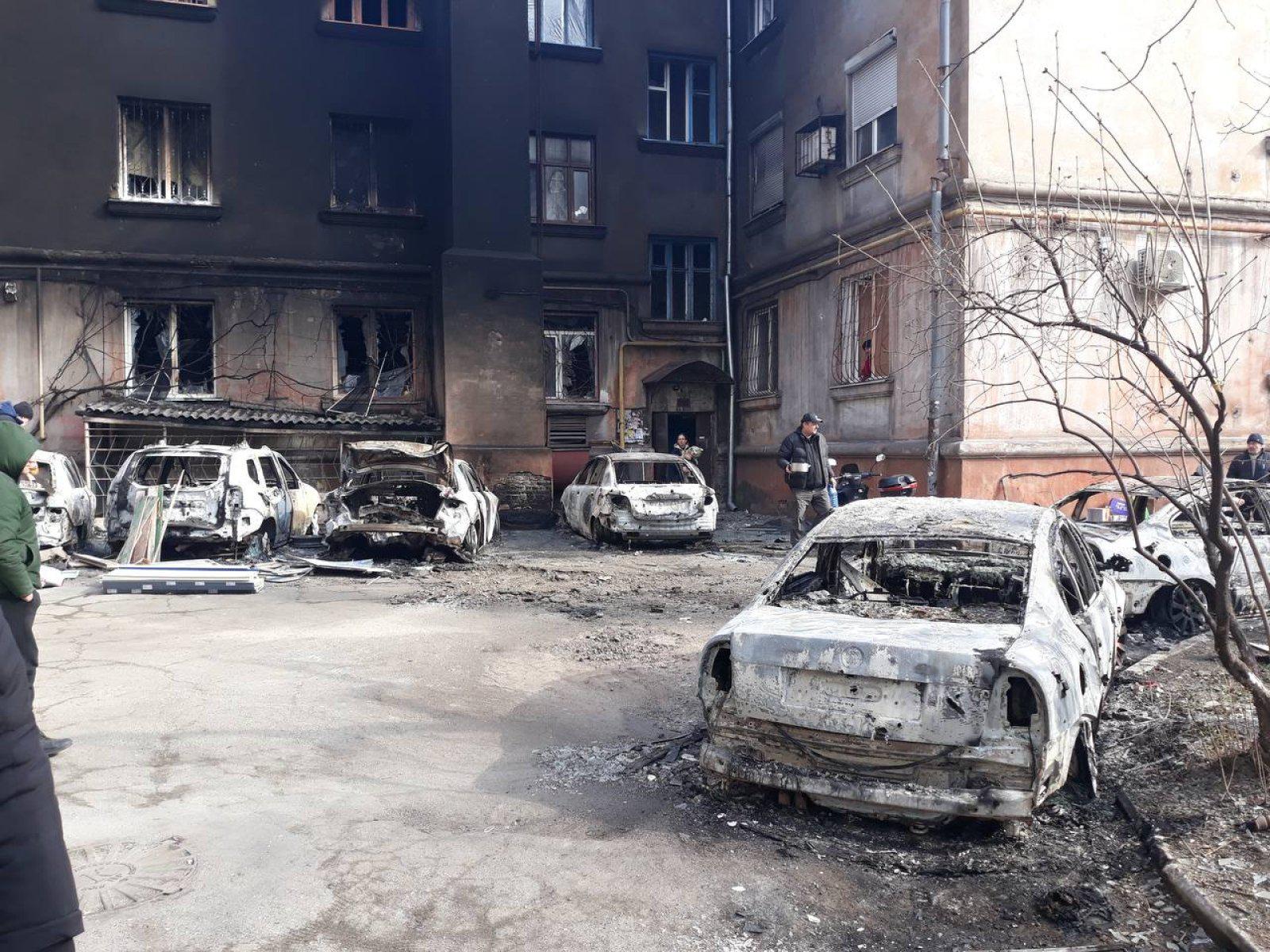
There are two reasons why people don’t have access to the information in the conditions of blockade. Chaos is the first. People don’t understand what’s going on and panic. Impunity is the second one. Not having any proof of destroyed buildings and dying children, Russian soldiers could do everything they wanted. There wouldn’t be such proof if not us.
That’s why we took the risk. To show the world what we had seen. It pissed the Russians off so much that they were hunting us down.
I have never felt how important it is to break the silence.
Mstislav Chernov

